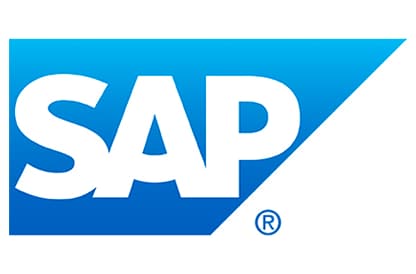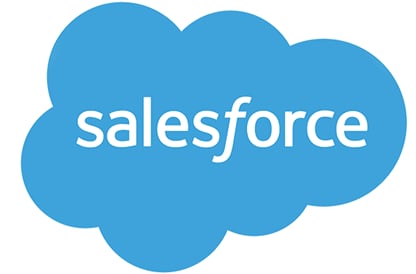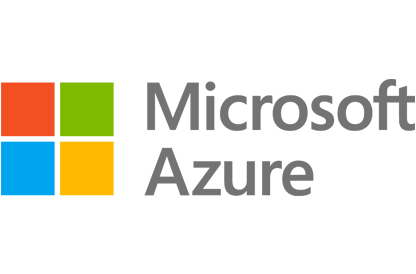Innovation has been vital to maintaining a leading position in the building materials industry and to positioning itself for future growth around the world. Knowing that innovative technologies can change the way the company engages with its customers, James Hardie modernized its electronic data interchange (EDI) platform with OpenText B2B Managed Services to better serve its customers and fuel growth.
Modernizing the business network
James Hardie is primarily a business-to-business (B2B) company, selling its products to national and regional home builders through a network of large distributors and independent wholesalers. In addition, it is growing in the repair and remodel (R&R) market with its products being sold through major retailers.
James Hardie was managing its core customers via an aging EDI platform, but to expand and optimize its operations in Europe, Asia and other countries, the system needed renovating. The technology was outdated and could not be easily extended globally, posing a significant business risk for global expansion plans.
Wayne Ly, Business System Director at James Hardie, described the older technology: “The legacy systems that we had were on-premises and the hardware and EDI technology were starting to get older.” Using EDI, James Hardie replaces manual, paper-based business communication with standard, electronic document exchange.
The company’s plan was to modernize its EDI platform with a solution that could support expansion requirements and deliver cost savings and efficiencies. Leveraging a cloud-based solution allows the company to save hardware costs and overhead related to supporting older technologies, as well as decrease the time to market when they set up new customers on the EDI network.
To optimize and scale its operations not just in the U.S., but around the world, the company also needed a solution that could take on some of its EDI support operations as the anticipated growth would bring new customers into the EDI system. The team was concerned that existing EDI staffing levels would not be able to support an expanded in-house solution across multiple time zones and languages. “I think the shortcoming of our existing platform was that, from a support perspective, we only have one EDI analyst. If we are thinking about branching this platform out and consolidating our worldwide operations to just one platform, one person cannot support it 24/7/365 days a year,” said Ly.
The company decided that an outsourced, managed services solution made the most sense. “We wanted to align with a strategic partner who offered a platform that would allow us the operational scalability to give us more velocity as we start globalizing our operation,” said Ly.






 James Hardie Building Products Inc
James Hardie Building Products Inc


